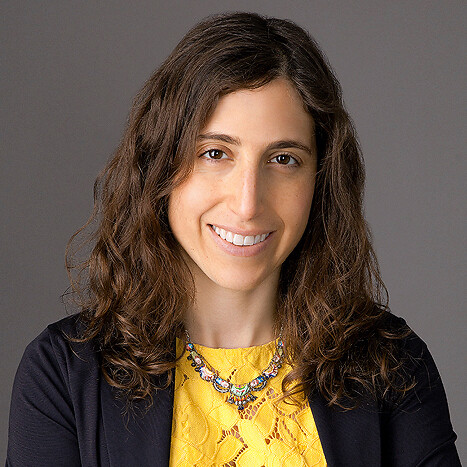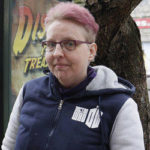Recordings from day one of a two-day event in November 2022
Girls and Women are often overlooked in autism research, clinical training and service provision. Due to difficulties reading social cues, autistic girls and women, in general, are disproportionately victims of bullying, sexual assault and abusive relationships. Mental health challenges such anxiety, depression, panic, eating disorders, ADHD, OCD and addictions are exacerbated by the lack of awareness of the needs of women and girls. By shedding light on their experiences and providing practical strategies, we can support autistic girls and women to thrive.
This presentation offers practical insight for professionals to better understand how to support autistic girls and women, including case studies.
About the Presenter

Dori Zener, MSW, RSW
Dori Zener, a Registered Social Worker, has been working with neurodivergent individuals and their loved ones for over fifteen years. As an Individual, Couple and Family Therapist, Dori uses person-centred evidence-based therapy techniques to help each client achieve their goals and enhance their lives. She is the Director of Dori Zener & Associates, a neurodiversity-affirming mental health agency in Toronto. Dori is passionate about autism acceptance. She endeavours to expand the understanding of autism through publications, workshops, research collaborations and corporate consultation.
Dori believes in the power of shared lived experience to foster connection and hope. She has championed the development of four autistic-led peer support groups: Good Company (formerly Asperfemme Toronto), a support group for adult women and nonbinary individuals with official/self-diagnosis on the Autism Spectrum, Chilling on the Spectrum, a young adult support and social group, Navigating Work a unique group for neurodivergent job seekers and Rainbow Spectrum Pride, a support group for autistic 2SLGBTQIA+ adults.

Navigate videos with chapters
Chapters help you navigate through a video to find the information you’re looking for. Click the blue dots on the timeline to navigate chapters, or see all chapters through the chapters icon on the bottom right of each video.




